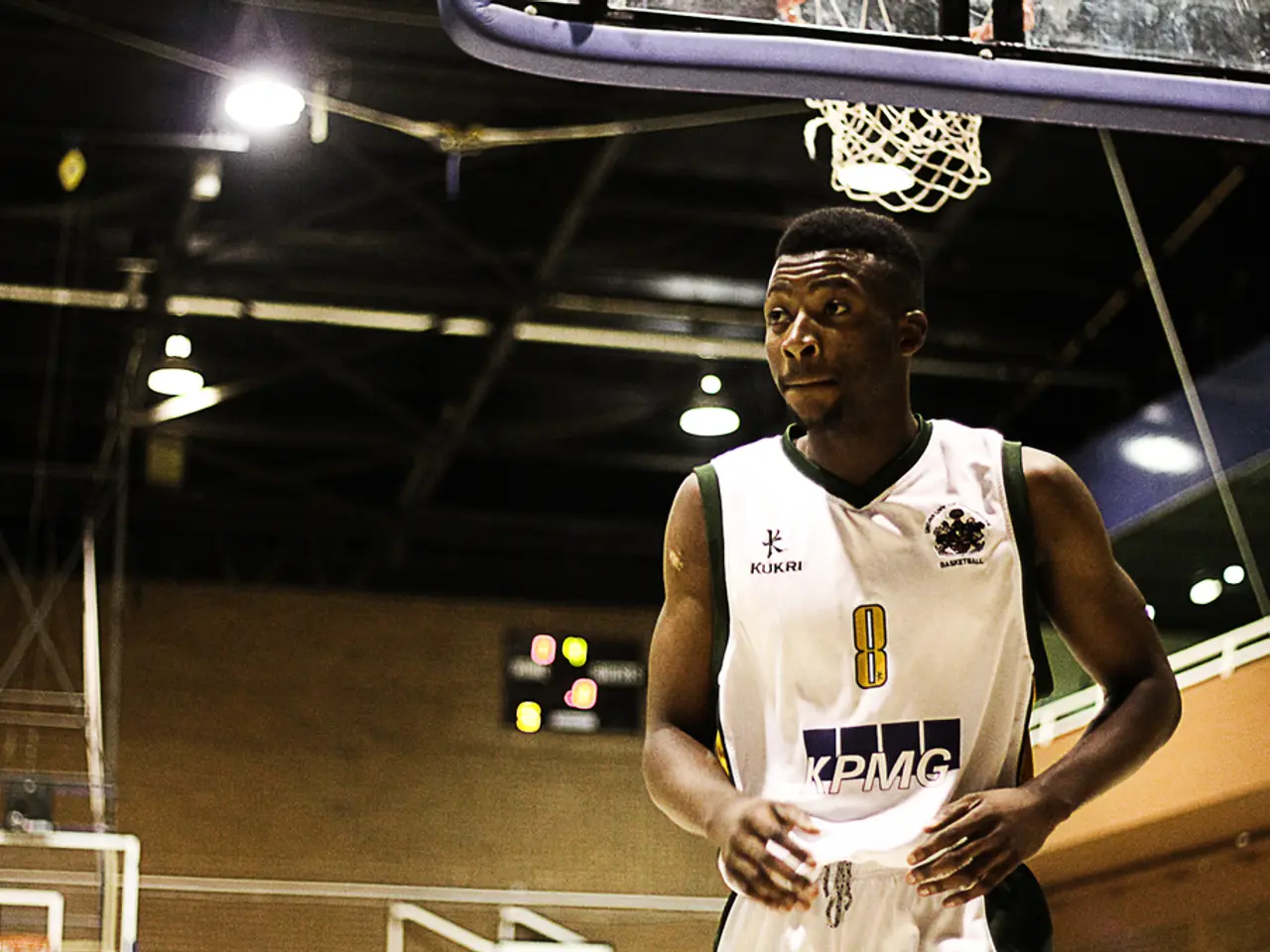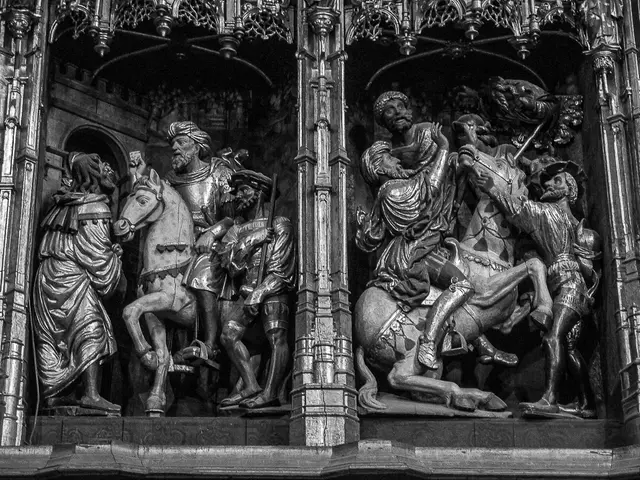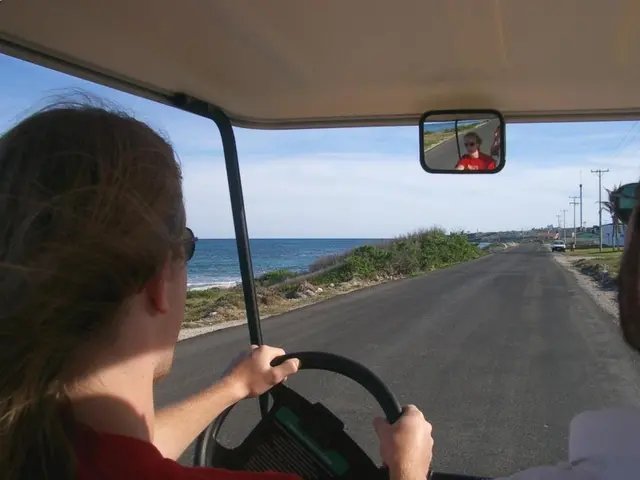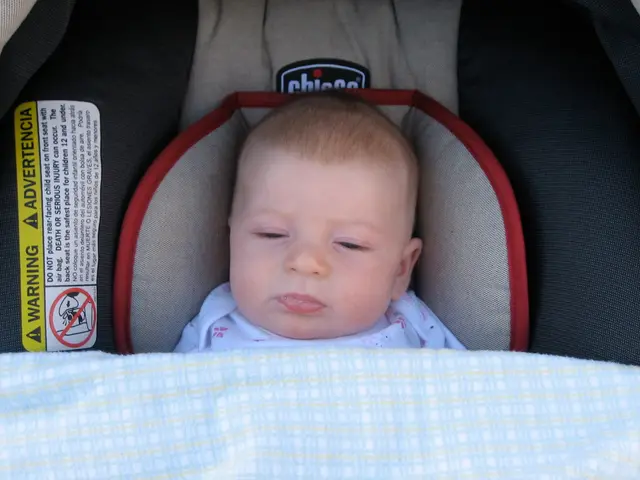"Trump's Executive Order Concerning College Sports Lacks Impact"
President Donald Trump issued an executive order on college sports on Thursday, aiming to stabilize university sports operations and address ongoing legal concerns. The order, however, may face new legal challenges due to its broad nature and potential implications.
The draft of the executive order expresses concern that the settlement resolving antitrust litigations might not provide lasting assurance and could be upended by new litigation. It reflects the President's concern about ongoing lawsuits that seek to tear down the foundational elements of college sports.
The order does not explicitly state that college athletes are not employees, but rather characterizes them as "different from professional employees." This characterization has sparked debate, with Attorney Paul McDonald, leading the college plaintiffs in Johnson v. NCAA, stating that college athletes are student employees.
The order directs several federal officials and agencies, including the U.S. Attorney General, the Federal Trade Commission, the U.S. Secretary of Education, the U.S. Secretary of Labor, and the National Labor Relations Board, to pursue policies that would allegedly ensure the "long-term availability" of college sports opportunities.
The order adopts the viewpoint that big-time college sports has become an unworkable, volatile, and overly litigious framework. Trump might aim for the NCAA, conferences, and colleges to be exempt from antitrust scrutiny or receive deferential treatment, but the president and his agencies cannot change the language of the Sherman Act.
The absence of many specifics in the executive order is important, as agencies are already capable of issuing regulations and other administrative actions to exert control over college sports. The order provides specific requests, including agency actions within 60 or 120 days and a prohibition on third-party, pay-for-play payments to collegiate athletes.
Restricting athletes' expressions, including through limiting NIL opportunities, could trigger First Amendment and right of publicity litigation. Any order leading to college athletes being denied the same rights and opportunities as their classmates would invite an Equal Protection lawsuit.
The U.S. Supreme Court's decision in Loper Bright Enterprises v. Raimondo has reduced judicial deference to agencies, including those in the Trump administration. This could potentially impact the implementation and enforcement of the executive order.
If the SCORE Act passes Congress, Trump would have the opportunity to sign a college sports act into law, potentially avoiding the potential legal complications of an executive order. The SCORE Act could still be challenged in court, including on grounds related to equal protection and First Amendment rights.
Conservative judges, including those nominated by Trump, have been critical of college sports amateurism from an antitrust perspective. The DOJ has largely been on the sidelines regarding college sports antitrust issues, but private individuals and businesses can still bring antitrust lawsuits.
An event document regarding President Donald Trump's executive order aimed at stabilizing university sports operations, which potentially triggers new legal challenges, was released in 2025; however, the exact date of publication is not specified in the available search results.
The executive order's potential legal challenges underscore the complexity of the issues surrounding college sports and the ongoing debates about the rights and status of college athletes.
Read also:
- Setting Up and Expanding Operations at a Soil Blending Facility
- Surveying the Scene: Legality, Drones, and American Anti-Terror Strategy
- Regional University's healthcare system strengthened through collaborative partnership with Chancellor Dr Fiona Hill
- Reminisced University Trustee David M. Flaum as a 'fervent advocate' for the University and community








